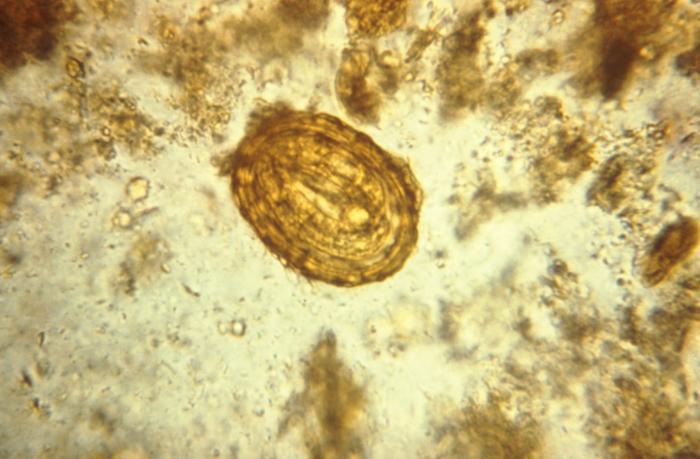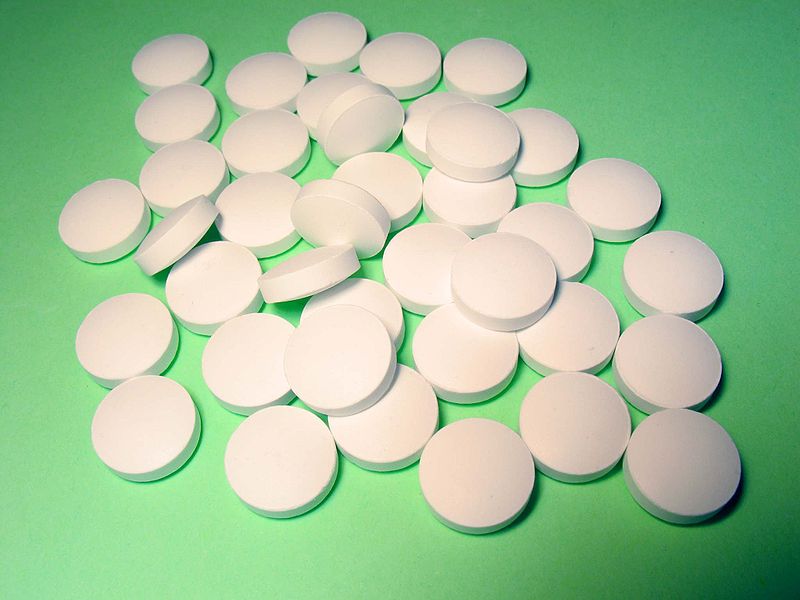Complex cobalt containing molecule to which various groups are linked covalently to form cobalamine. These include:
- Endogenous cobalamines –include methyl cobalamine, 5-deoxy adenosyl cobalamine
- Exogenous cobalamines
Essential for DNA synthesis, fatty acid metabolism
Vit B12, Vit B6 & folic acid participate in metabolism of homocysteine. If accumulation of homocysteine occurs due to deficiency of these vitamins, atherosclerosis is accelerated.
Deficiency leads to:
- Megaloblastic anemia
- GI symptoms
- Neurologic abnormalities
Deficiency may occur due to:
- Decreased absorption
- Inadequate supply
Chemistry
Consists of:
- Porphyrin like ring with central cobalt atom attached to a nucleotide
- Various organic groups may be covalently bound to cobalt atom forming cobalamines.
Pharmacodynamics
Accumulation of methyltetrahydrofolate and deficiency of tetrahydrofolate leads to methylfolate trap, due to deficiency of vitamin B12.
This is an important biochemical step, where metabolism of vitamin B12 and folic acid are linked; this is why megaloblastic anemia due to vitamin B12 deficiency can be partially corrected by folic acid.
Deoxyadenosyl cobalamine converts methylmalonyl-CoA to succinyl-CoA, which is an important step in propanoic acid metabolism, linking carbohydrate and lipid metabolism.
Exogenous Cobalamines
Cyanocobalamine and hydroxycobalamine are exogenous cobalamines, available as pharmacological preparations used for correction of megaloblastic anemias.
In the body they are converted to deoxy adenosylcobalamine and methyl cobalamine respectively.
Pharmacokinetics
- Dietary requirement is 2 micrograms
- Stored in liver
- Storage pool is 3000-5000 micrograms
Transport & Absorption
- Complexes with intrinsic factor(glycoprotein) in stomach
- Absorbed in distal ileum by highly selective receptor mediated transport system
- In plasma bound to transcobalamin II
- Stored in hepatocytes in liver
- Loss is very slow
- Hepatic stores are sufficient for 5 years.
Source
- Animal source –meat, eggs, dairy products, liver
- Microbial synthesis
Deficiency of Vitamin B12
Vitamin B12 deficiency causes:
- Blood related problems
- Neurologic problems
Blood related problems
Megaloblastic macrocytic anemia, associated with:
- Mild to moderate leukopenia
- Thrombocytopenia
- Hypercellular bone marrow with accumulation of erythroid and other precursor cells
Neurological Symptoms
Start with:
- Paresthesias (in peripheral nerves)
- Weakness
And progresses to
- Spasticity
- Ataxia
- Other CNS dysfunctions
Causes
In the past, it was supposed to be caused by accumulation of L-methylmalonyl CoA
Now believed to be due to disruption in methionine synthesis.
Main uses include pernicious anemia and anemia caused by gastric resection.
Schilling’s Test
- Once diagnosis of megaloblastic anemia is made, first it is determined whether the cause is vitamin B12 deficiency or folic acid deficiency.
- This is done by measuring the vitamin levels.
- Performed by administering radioactive B12. If B12 is eliminated, problem is in its absorption.
- Treated by giving intrinsic factor.
Standard treatment is:
- Parenteral Vit B12 is given (cyanocobalamin, hydroxycobalamin) but if patient cannot tolerate go for oral or intranasal route. Hydroxy cobalamin is preferred as has high PPB and remains for a longer duration
- Malabsorptive disorder- life long treatment is required
- With parenteral vitamin B12, improvement comes in about 7 days. The deficiency normalizes in 1-2 months.
Dose
Initial therapy -100-1000 micrograms/day, I/M for 1-2 weeks
Maintenance therapy -100-1000 micrograms/month, I/M for the rest of life
If neurological abnormalities are present, for maintenance therapy injections should be given 1-2 weeks, for 6 months, after which given on monthly basis.
Vit B12 deficiency seen in;
- Pernicious anemia (as vit B12 complexes with intrinsic factor)
- Gastrectomy
- Small bowel resection
- Malabsorptive disorders
- Inflammatory bowel disease
- In strict vegetarians
Diagnosis
Increased homocysteine levels can be used to diagnose vitamin B12 deficiency
Adverse effects;
Very few and very uncommon, even at high doses. Sometimes allergic manifestations are observed.
 howMed Know Yourself
howMed Know Yourself




